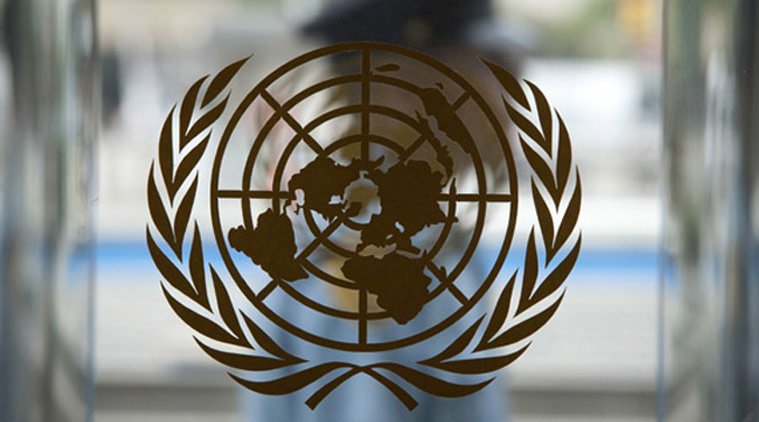Statement by representative of the Russian Federaion Mr.Sergey Leonidchenko at the first consultations on the Eighth Review of the implemetation of the UN Global Counter-Terrorism Strategy
Mr. Chair,
Colleagues,
We are grateful for today's consultations, marking the beginning of the eighth review of the implementation of the UN Global Counter-Terrorism Strategy. We congratulate permanent representatives of Canada and Tunisia on their appointment as coordinators and wish them every success in carrying out this arduous task.
We are grateful to USG Vladimir Voronkov, Head of the UN Office for Counter-Terrorism, for presenting the SG report that sheds light on the challenges and threats that the international community faces today. It is indeed important to intensify global efforts to counter the terrorist threat in Africa. Russia has repeatedly alerted to the high risks of the emergence of a "Caliphate in version 2.0" there, regrettably, to no avail.
We support the Secretary-General's recommendation to create interregional CT mechanisms. Russia is already providing financial assistance to the "Fusion Cells" program initiated by UNOCT to improve the coordination of law enforcement agencies in African countries.
We support the activities of the UNOCT and continue to make significant financial contribution to its initiatives in various regions of the world. We firmly believe that successful projects of the UNOCT will empower the recipients to enhance their mechanisms for combating the terrorist "infection," thereby depriving terrorist groups of financing and the supply of weapons.
Russia advocates for a balanced approach to the implementation of the GCTS, without prioritizing any particular Pillar as a fundamental prerequisite of success for international efforts in preventing and countering terrorism. From what we've heard today this approach is shared by many delegations in this room. The report of the Secretary-General on the growth of the terrorist threat and its rapid expansion to the "new regions" only highlights the need for increasingly decisive law enforcement measures to combat terrorism.
For these reasons, we find the proposal to shift the focus of the Strategy to the fourth Pillar of the GCTS by intensifying work on "the full integration of human rights and gender issues in all components of the Strategy" as a cross-cutting element, in the report of the Secretary-General (paragraph 64), to be inappropriate. We recognize the importance of this topic but believe it is counterproductive to prioritize a narrow set of secondary tasks over practical law enforcement measures. We urge states to maintain a constructive, balanced approach to the implementation of the GCTS and to refrain from attempts to further shift focus towards the human rights component within its 8th review.
Mr. Chair,
We appreciate the opportunity to exchange ideas on the forthcoming review and wish to share some of our major suggestions and concerns.
Firstly, previous review resolution was both consensus-based and balanced. However, the process of its negotiation was not free from flaws. Facilitators demonstrated bias and tried to promote approaches supported by some, but not all delegations. Should it happen again – we’re afraid that this time we might not end up as lucky and the resulting document could lose its consensus nature and would no longer be reflective of positions of all Member States.
In this light we view it as a positive sign that the co-facilitators of the GCTS review resolution have launched the negotiation process on the basis of a technical update of the Seventh Review.
Regarding our key priorities for the eighth review, we emphasize the following points:
Firstly, respect for the sovereignty and equality of states in the counter-terrorism context. Secondly, national ownership, where the primary responsibility for the implementation of the Strategy rests with states and their competent authorities. Thirdly, we stress the importance of a balanced implementation of all four pillars of the Strategy. Fourthly, the central coordinating role of the United Nations in counter-terrorism. Fifthly, strengthening international and regional cooperation. Lastly, maintaining the UN CT architecture, ensuring stable financing and functioning of the Office of Counter-Terrorism, and raising the efficiency of capacity building efforts.
We believe that the successful review and implementation of the GCTS is vital in countering the evolving and complex nature of the terrorist threat. We urge all delegations to remain committed to the principles of the UN, and to work together in a constructive and balanced manner to achieve our shared goal of countering terrorism.
Thank you.
